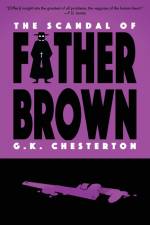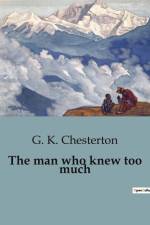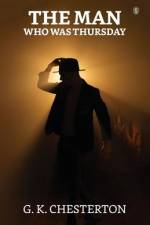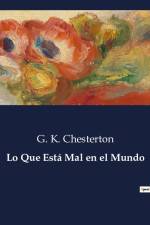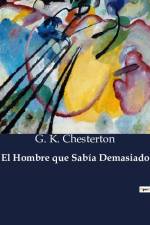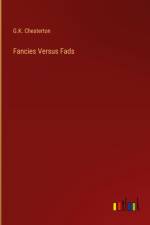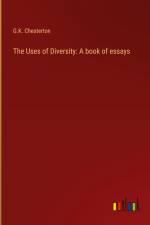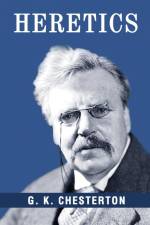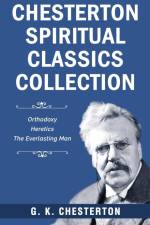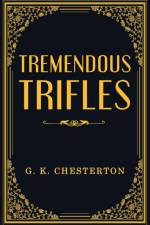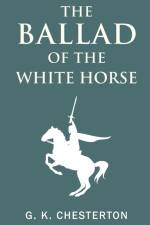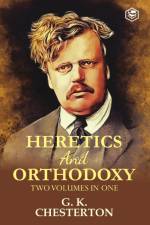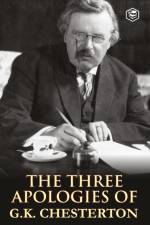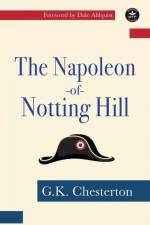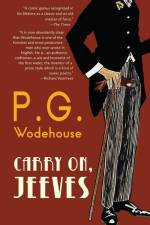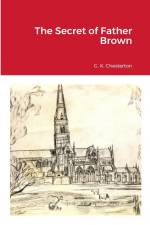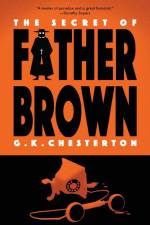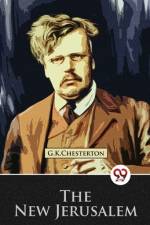von G. K. Chesterton
16,00 €
Title: "The Man Who Knew Too Much" by G.K. Chesterton - An Engaging Collection of Mysteries Unraveling the Limits of Knowledge.In "The Man Who Knew Too Much", G.K. Chesterton, renowned for his Father Brown mystery series, takes readers on a thrilling journey through a series of detective stories. This collection presents a different kind of sleuth - Harold March, a man whose abundant knowledge often proves more of a curse than a blessing.The eight stories in this collection are intriguingly varied, yet all revolve around March's peculiar knack for stumbling upon complex mysteries. From political scandals to troubling murders, March, with his deep understanding of human nature and the world, manages to untangle the most convoluted of plots.Chesterton's adept storytelling is highlighted in this work, as he navigates themes of morality, politics, and the boundaries of knowledge with his signature wit and insight. His knack for crafting suspenseful narratives is evident, offering readers a blend of intellectual stimulation and riveting detective fiction."The Man Who Knew Too Much" is an engaging read that probes the paradoxes of knowledge and the nuances of detective work. For fans of G.K. Chesterton's works and lovers of classic detective stories, this book is a rewarding and thought-provoking read.Keywords: G.K. Chesterton, The Man Who Knew Too Much, detective stories, Harold March, mystery, Father Brown, knowledge, morality, politics, detective fiction, mystery stories, classic detective tales, Father Brown series, Harold March, political scandals, intellectual stimulation, paradoxes of knowledge, classic English literature, suspenseful narratives, murder mysteries, wit and insight, Chesterton's detective works.


